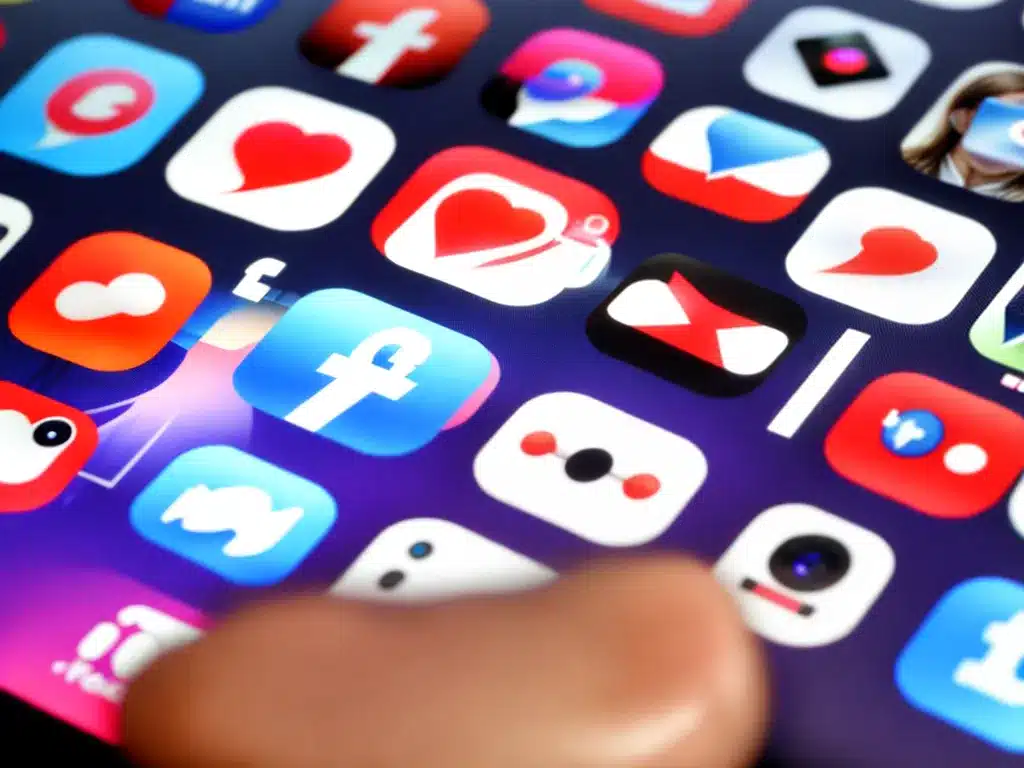
The Risks of Oversharing on Social Media
Why We Overshare Online
Sharing details about our lives on social media platforms like Facebook, Instagram, and Twitter has become commonplace. There are a few key reasons why people tend to overshare online:
Desire for Connection
Humans have an innate need to feel connected to others. Social media allows us to get that sense of connection by sharing our thoughts, feelings, and experiences with friends, family, and even strangers online. The desire for connection often leads people to share more personal details than they would in person.
Validation
When we share things online, we generally hope to get positive feedback and validation from others through likes, comments, and shares. The craving for validation causes many social media users to overshare intimate details of their lives in order to get more attention.
Poor Impulse Control
Sharing on social media happens in real-time. This means there are limited opportunities to filter our thoughts before posting. Poor impulse control, especially in younger people, leads to excessive sharing of inappropriate or overly personal information.
False Sense of Privacy
Despite social media being a public space, many feel a false sense of privacy when using these platforms. This leads to people sharing things they wouldn’t say publicly, unaware of the potential consequences.
Risks of Oversharing Online
While sharing our lives online comes naturally in the social media age, oversharing has many risks, including:
Reputational Damage
Inappropriate posts and photos or oversharing personal struggles can negatively impact how others perceive us. Damaging reputations in both personal and professional circles is a real risk of social oversharing.
Loss of Privacy and Security
Each detail we share publicly online is information that can potentially be accessed by anyone. Over time, oversharing leads to loss of privacy as personal data becomes searchable and public. It also compromises account security.
Unwanted Attention
Sharing intimate details of our lives can unfortunately attract unwanted attention from predators, scammers, and other malicious actors online. This makes us more vulnerable to bullying, stalking, catfishing, identity theft, and other issues.
Misinterpretation
Without facial expressions and tone of voice, our words and intent can easily be misinterpreted online. Casual oversharing therefore often leads to miscommunication and drama in our relationships.
Regret and Embarrassment
Reflecting on our posting history can lead to regret and embarrassment, especially if intimate details were impulsively shared. Impulsive oversharing can have serious implications like loss of employment, relationships, reputation etc.
Mental Health Impacts
Comparing ourselves to carefully curated highlights of others has been proven to negatively impact mental health and self-esteem. Oversharing our own challenges can also worsen issues like anxiety and depression.
Tips to Avoid Oversharing on Social Media
Here are some tips to share thoughtfully and minimize oversharing:
-
Pause before posting personal content and think – would I be comfortable if this was announced in public or printed in a newspaper?
-
Review privacy settings and use them to limit who can see your content. Keep personal posts friends-only.
-
Avoid impulsive posts when experiencing intense emotions. Wait until feelings subside before sharing.
-
Ask trusted friends if you are unsure whether content is suitable for sharing publicly.
-
Remember the internet is permanent. Even deleted posts can be archived and potentially damaging content can resurface in the future.
-
Focus on sharing ideas rather than intimate details about your life and relationships.
-
Connect in-person to fulfill emotional needs for intimacy rather than oversharing personal details online.
In summary, we all have an impulse to share online. But by understanding the risks, sharing thoughtfully, and using privacy tools we can protect our reputations, privacy, and mental health. Moderation and caution are key when using social platforms.












